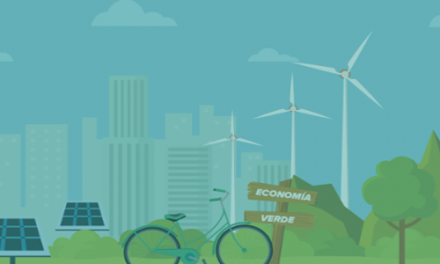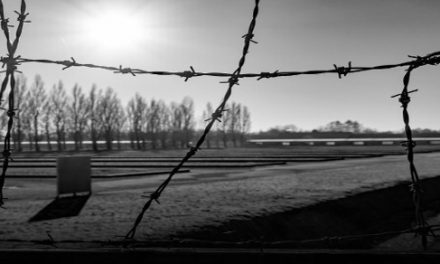The academician Santiago Castellà traces the new challenges of smart cities

Dr. Santiago J. Castellà
Santiago Castellà, director of the Chair Tarragona Smart Mediterranean City of the Rovira i Virgili University, general secretary of the Pro Royal European Academy of Doctors Foundation, full academician and member of the Board of Government of the Royal European Academy of Doctors-Barcelona 1914 (RAED), published on 22 February in the “Diari de Tarragona” the article “Transiciones urbanas sostenibles” (Sustainable urban transitions), where he traces the current development challenges of smart cities.
For Castellà, beyond the implementation of information and communication technologies in the areas and urban spaces, the concept of the smart city isn’t understood today without improving the quality of life of citizens who live in these cities, without its energy and resource sustainability and without the participation and transparency in its political and economic management. “The development of smarts cities is one of the clearest indicators of the radical change that the world is experiencing and that has as its epicentre the cities. Having overcome the first impulse, based on the implantation of sensors, the cities have discovered a more certain path and direct towards its intelligence”, says Castellà.
 The academician stands out on one of the aspects that he considers most urgent and on the smart city must already take a determination: the fight against climate change. It is, in his opinion, the priority. “The special report published last October by the Intergovernmental Panel on Climate Change warns us that to limit global warming to 1.5ºC, rapid and far-reaching transitions are needed to reach the net zero goal in 2050, when we will have passed from 50% to 70% of the world population residing in cities”.
The academician stands out on one of the aspects that he considers most urgent and on the smart city must already take a determination: the fight against climate change. It is, in his opinion, the priority. “The special report published last October by the Intergovernmental Panel on Climate Change warns us that to limit global warming to 1.5ºC, rapid and far-reaching transitions are needed to reach the net zero goal in 2050, when we will have passed from 50% to 70% of the world population residing in cities”.
Hence, continues Castellà, cities urgently need realistic plans and verification systems with public and transparent indicators for an urban transition against climate change. Specifically, the academician appeals to a sustainable and unique model of public transport, zero kilometre merchandise distribution, construction with sustainable and energy efficient materials and more open, green and cultured environments.




